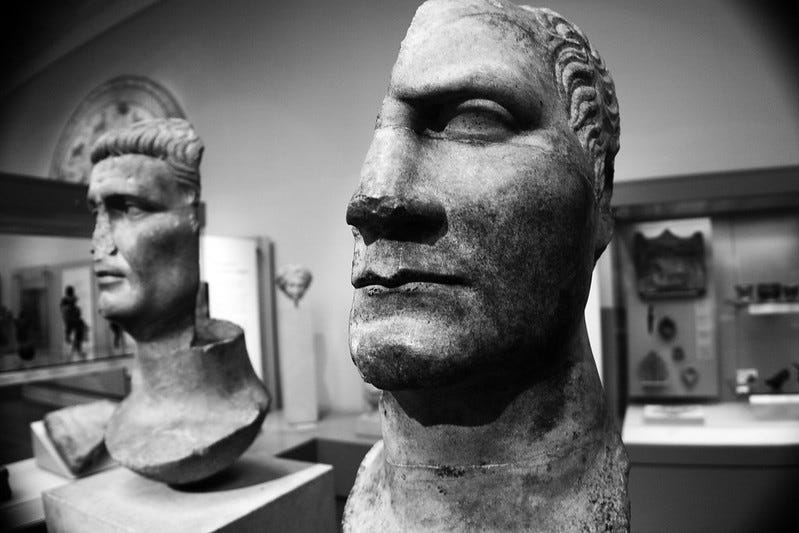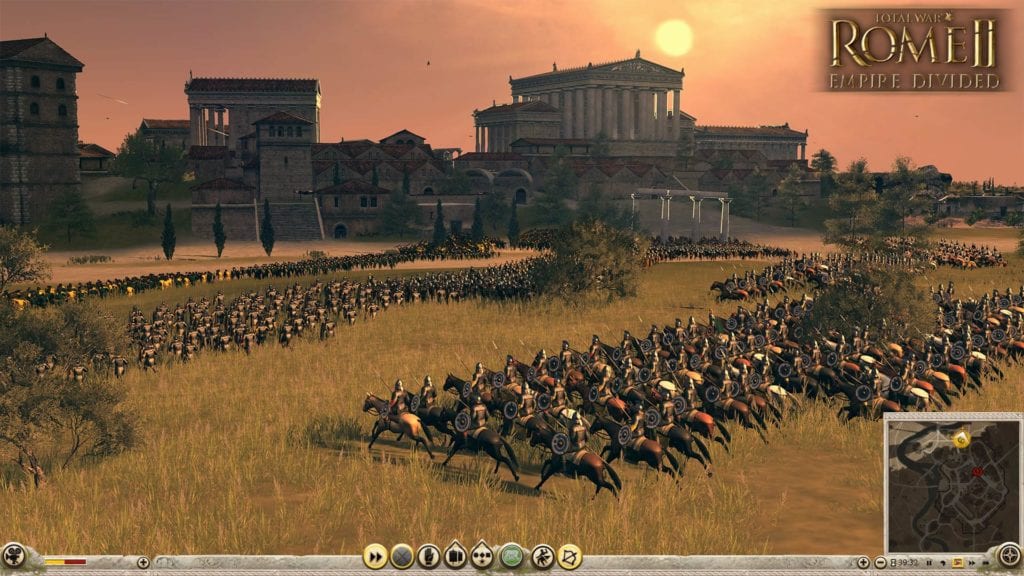
Republics are also marked by the presence of a Senate whose approval is required for most government actions, made up of a number of factions who may give various bonuses but also seek to advance their goals and interests. Rulers are chosen by election based on a character's popularity and prominence and serve only for a fixed, usually relatively short term, meaning that republics will tend to cycle through different characters quite quickly and are not quite as involved in playing dynastic games. The chapters in the book also demonstrate how unpredictable the outcomes of oratory were: politicians could try to control events by cherry-picking their audience and using tried methods of persuasion, but incompetence, bad luck, or hostile listeners were constant threats.Republics are defined first and foremost by the sharing of power between its citizens or upper class, depending on the type. In so doing, it challenges the idea that Cicero is a normative figure, and highlights the variety of career choices and speech strategies open to Roman politicians. With careful attention to a wide range of ancient evidence, this book shines a light on orators other than Cicero, and considers the oratory of diplomatic exchanges and impromptu heckling and repartee alongside the more familiar genres of forensic and political speech. Yet no complete speech from the period by anyone other than Cicero survives, and as a result the debate on oratory, and political practice more widely, is liable to be distorted by the distinctive features of Cicero’s oratorical practice. Speech was an integral part of decision-making in Republican Rome, and oratory was part of the education of every member of the elite. This book brings together nineteen scholars to rethink the role of public speech in the Roman Republic. With careful attention to a wide range of ancient evidence, this book shines a light on orators other than Cicero, and con.





 0 kommentar(er)
0 kommentar(er)
